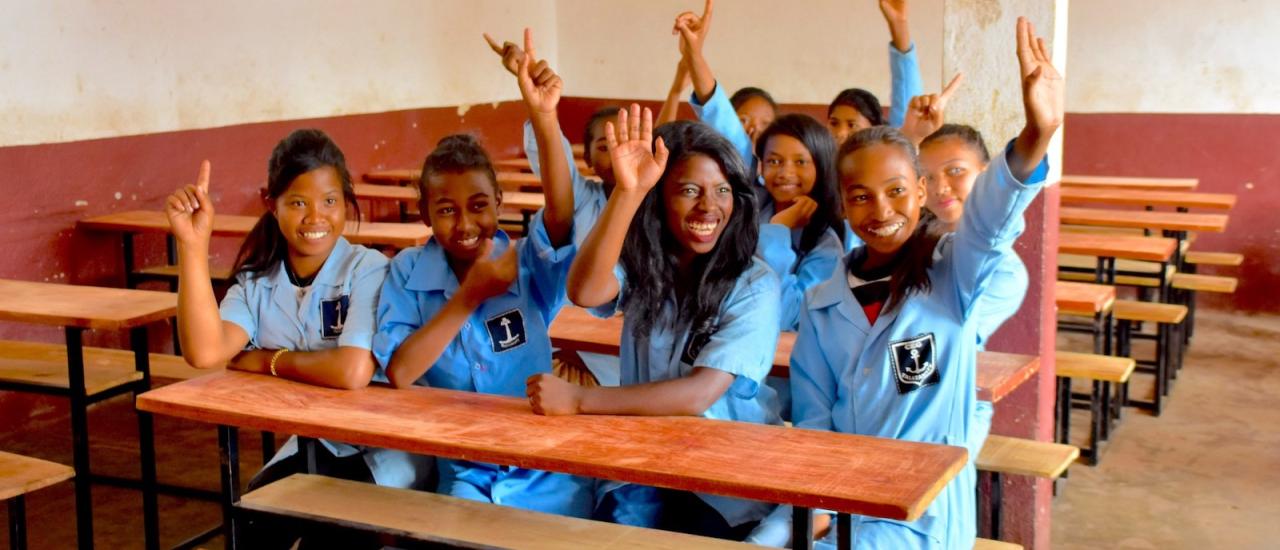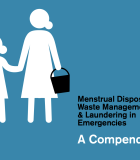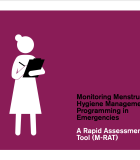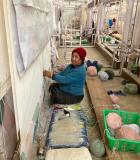In some remote parts of Ghana, girls are told that crossing a river during their menstrual period will offend the river deity — so some skip school to avoid incurring the deity’s wrath. In some rural communities in western Nepal, menstruating women are told that their presence jeopardizes crops, water supply, and health — so they go into quarantine each month. In Afghanistan, some women are told that showering during menstruation causes infertility — so they spend their entire cycle without washing themselves.
Approximately 300 million women menstruate every day. For millions of these women, this natural monthly occurrence is disruptive or even dangerous. A lack of adequate facilities and hygiene products, coupled with myths and stigma, cause some to skip school or work or go into isolation. Increased advocacy over the past five years has raised awareness that menstrual hygiene management (MHM) is more than an issue of health and hygiene. Lack of MHM can have a significant impact on economic and educational opportunities for women and girls. With these impacts in mind, a formerly taboo topic is now getting attention from the donor community and partner governments alike.
USAID is working to integrate MHM into a range of its activities across sectors. Empowering women and girls and promoting gender equality are core operating principles of the U.S. Government Global Water Strategy and USAID Water and Development Plan. To alleviate a major constraint to women’s and girls’ participation in education and public life, USAID seeks to integrate menstrual hygiene management interventions where practical and improve MHM in key settings, including schools.






